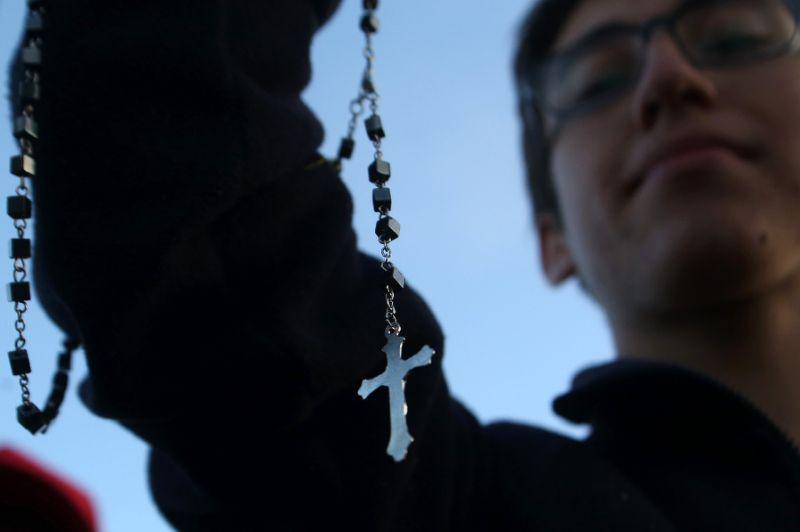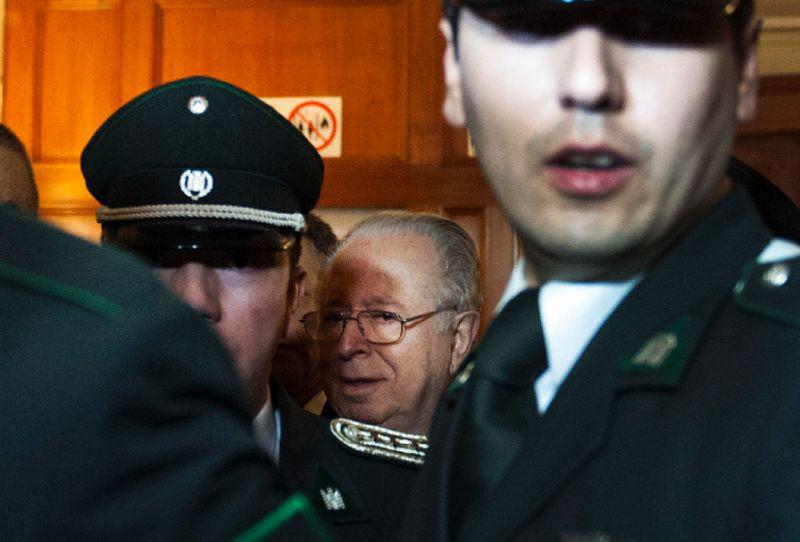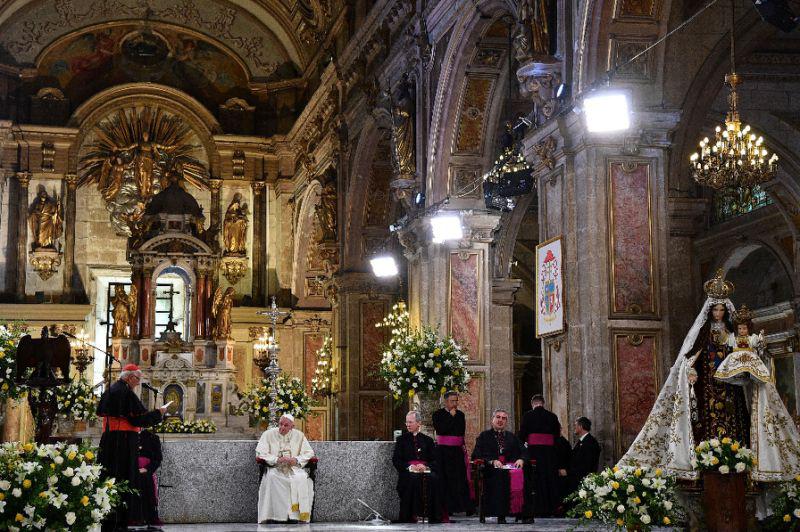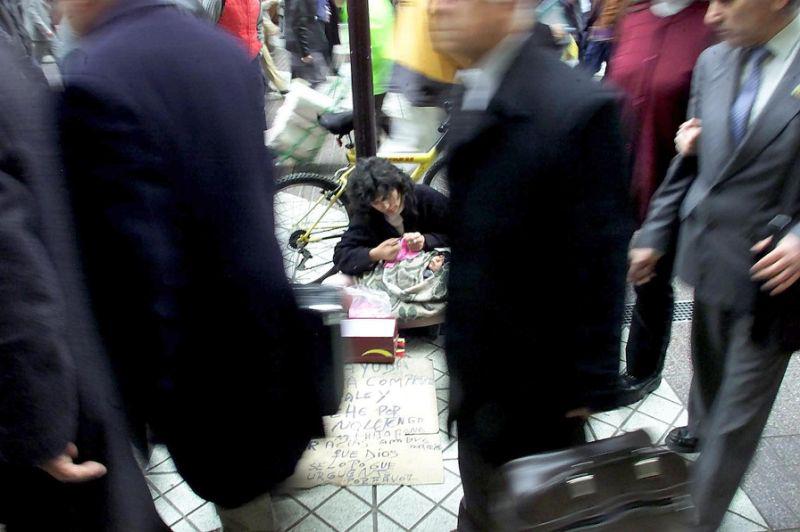|
Sexual abuse scandals deepen Chile mistrust in Catholic church
By Ana Fernandez
Santiago (AFP) - Despite a strong Catholic tradition, Chile is witnessing a growing rift between the people and the church, sharpened by a string of sexual abuse scandals that until recently had been ignored by the pope. The extent of the rift became clear in January when Pope Francis visited Chile and sparked outrage by hugging Juan Barros, a controversial bishop who has been accused of covering up abuses by another priest in the 1980s and '90s. Questioned by journalists, Francis responded abruptly, saying there was "not a single piece of proof" against Barros in remarks that caused widespread anger among those who had been abused by the other priest, Fernando Karadima. But the pontiff apologized and quickly moved to dispatch the Vatican's top abuse investigator to collect evidence, later acknowledging he had made "grave mistakes" in his handling of the scandal. And he also pledged to meet with the victims, inviting three of them to the Vatican to discuss the extent of abuse within the church in Chile. All three were abused in the 1980s by Karadima, who at the time was an influential priest who trained seminarians in an affluent area of the capital, Santiago. It was only in 2011 that he was convicted of abusing children by the Vatican, which ordered him to retire to a "life of prayer and penitence" and barred him from any public ministry. But the victims were unable to pursue a criminal case against him in Chile because the statute of limitations had expired. - 80 church leaders accused - Next month, the pope will also meet with Chilean bishops to discuss the findings of the probe by his investigator, Archbishop Charles Scicluna. Beyond Karadima, nearly 80 Catholic clergymen have been accused of sexually abusing children in Chile, according to BishopAccountability, an American NGO that tracks such cases. And a recent poll showed that seven out of 10 Chileans disapprove of the way in which the Catholic church has handled the scandal. Aware of what could be coming down the line, Santiago's archbishop, Ricardo Ezzati, recently suggested to Barros that he resign "for the good of the people of God." The visibility of the Karadima case and the testimony of the three victims who have spoken out on behalf of the abused -- Jose Andres Murillo, James Hamilton and Juan Carlos Cruz -- has dealt a major blow to a church seen as elitist and distant from the concerns of a modern society. - A growing disaffection - But Chile's disaffection with the church began back in the 1990s with the return of democracy to the country, says Luis Bahamondes, an expert on religion at the University of Chile. Despite the fact that part of the Catholic church sided with those persecuted by the country's military dictatorship, when democracy returned, it went "from having a more social role to one that was driven by traditional values," distancing itself from many worshipers. In a country where some 70 percent of the population describe themselves as Catholic, only a third say they have confidence in the institution, a Mori survey revealed this week. Chileans had to wait until 2004 before they were able to get divorced, and it was only in 2017 that women were legally allowed to have an abortion in cases of rape, or threat to the mother's life or deadly birth defects. Same-sex couples still cannot marry nor can anyone who is transgender change their identity on a passport, although this year's Oscar's triumph of "A Fantastic Woman," a Chilean film about a transgender woman, which won best foreign film, has gone a long way to changing that. - 'Increasingly remote from the people' - But Bahamondes denies talk of a "rift," pointing out that most of the population still identify as Catholic, saying it is more a sense that they simple don't feel that the church represents them, which is particularly true among the youth. President Sebastian Pinera, himself a practicing Catholic, on Thursday said he was saddened by the fact that the church "is increasingly remote, not only from worshippers but from people in general," which is not only happening in Chile but across Latin America. During his visit in January, Pope Francis himself acknowledge that people prefer leaders "who know how to be compassionate, how to lend a hand, to stop and help those who have fallen," while criticizing the "elitist" attitude of certain clergy.
|
.
Any original material on these pages is copyright © BishopAccountability.org 2004. Reproduce freely with attribution.



